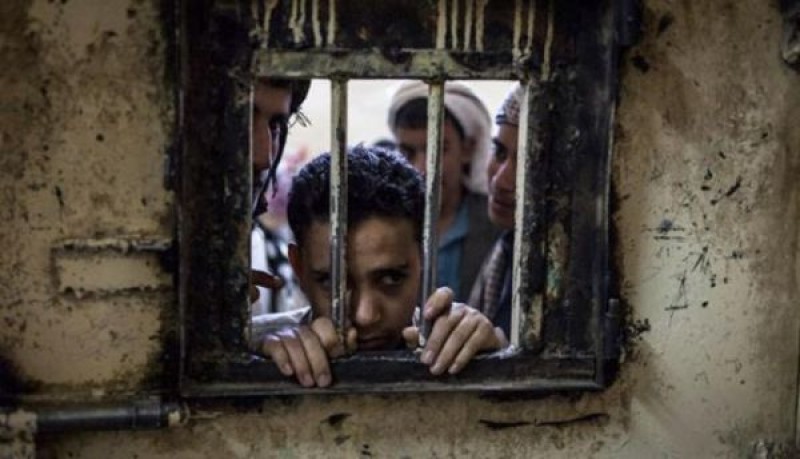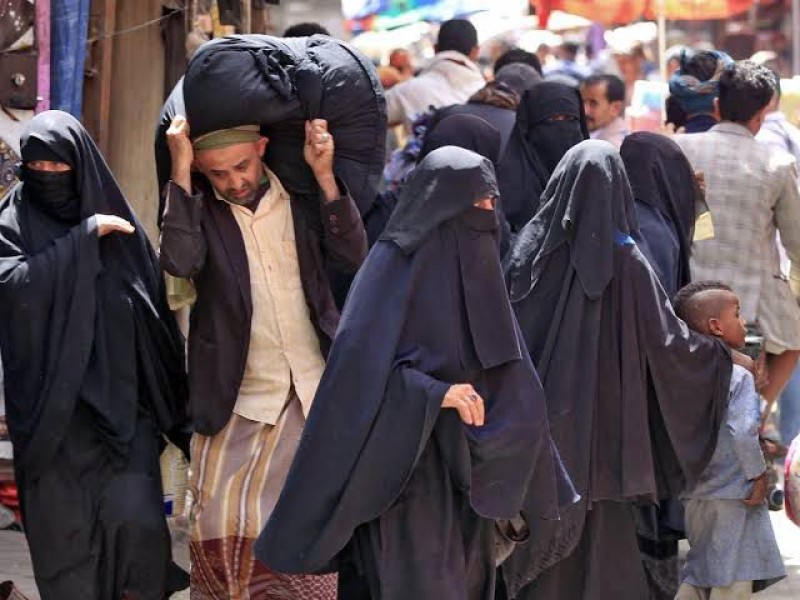Cancer becomes ‘death sentence’ in Yemen: WHO


Cancer has become a death sentence in war-torn Yemen, the World Health Organization (WHO) has warned.
"Cancer should not be a death sentence, but in Yemen it has become one," the WHO said in a new report.
The report, issued to mark the World Cancer Day on Feb. 4 each year, came to shed the light on the inability of Yemeni patients to afford the cost of treatment.
"This is the case for many Yemenis who cannot afford the cost of treatment, and who stay at home and wait for death to relieve their pain," it said.
The WHO indicated that roughly 35,000 people are suffering from the disease in Yemen, including more than 1,000 children.
"Non-communicable diseases account for 57% of all deaths in Yemen. And cancer affects all age groups in the country, over 60% of whom are aged 30-69 years old," WHO Representative in Yemen Altaf Musani said.
"Cancer prevention is key, and WHO, UNICEF, along with local health authorities and partners are working to ensure that prevention is prioritized, allowing us to respond to this hidden cost of war,” he said.
Yemen has been wracked by violence since 2014, when the Shia Houthi group overran much of the country and the crisis escalated in 2015 when the Saudi-led coalition launched a devastating air campaign aimed at rolling back Houthi gains.
Tens of thousands of people, including civilians, are believed to have been killed and the UN estimates that around 14 million Yemenis are at risk of famine.
AFP.

Sana’a – A prominent media figure aligned with the Houthi movement has revealed what he described as serious abuses within the security…

Amran – Local sources and activists reported Monday, December 15, that a Yemeni citizen, Akram Ayed Al-Turki, died under torture in a prison…

Aden – A new report released by the United Nations Population Fund (UNFPA) has painted a bleak picture of the situation facing women and girl…